By Leslie Bonci, MPH, RDN, CSSD, LDN
As a sports dietitian, my goal is to help athletes strategize and customize eating to optimize performance and health. Emphasizing food quality and quantity, as well as consistency, is key. If your athlete is considering to become a plant-based athlete, you need to think about the macronutrients, micronutrients (vitamins and minerals), and the phytonutrients (plant nutrients) that have a role in keeping athletes in the game and not on the bench.
Plants have macros, micros, phytos and are hot! Many of my athletes are asking about plant-based diets and the benefits associated with them. However, conversation is different from implementation. Although interest in eating a plant-based diet is on the rise, that does not necessarily mean that all plant-based athletes have optimal eating plans.
Just like the general public,1 some athletes may not consume enough fruits or vegetables, or may be lacking in vitamins A and C, iron, potassium, zinc and calcium2 – which can detract from performance and health. Inadequate intake can deleteriously impact physiology, physique and performance. So, as nutrition professionals, how can we ensure the right food sources and nutritional needs of our athletes are met with produce on the plate for performance?
#1 There are health benefits of produce on the plates
Athletes with a greater intake of produce at meals and snacks not only bring more fiber and fluid to the plate, but also positively impact health and performance. Plant-based diets are higher in carbohydrates to maintain blood glucose concentrations, and optimize training, performance and recovery.3,4 Going plant-based for performance might also decrease oxidative stress and reduce inflammatory markers due to the phytonutrient and antioxidant intake.4
#2 Plant-based meals offer value, taste and less food waste
Your athletes are pressed for time and money and may not want to spend hours in food preparation or have exorbitant food costs. They need foods that taste good, keep well and work within a tight budget. Remember, minimal waste decreases money down the drain. Produce can provide great taste, haste and minimal waste. So, how do we appeal to the wallet and the palate? Here’s what I tell my athletes:
⦁ Affordable – Think beans, canned tomatoes, frozen vegetables, in season fruits and vegetables (vegetables like potatoes are always around, nutrient-dense and affordable!), salsa, spaghetti sauce and bean soups.
⦁ Shelf-stable – Think canned, bottled, frozen and dried.
⦁ Versatile – Produce can be enjoyed as is, added to other dishes, and as part of every meal and snack.
⦁ Palatable and familiar – Foods that taste great will be consumed, starting with familiar foods is an excellent way to add in more produce to the plate. A burger can become a blended burger (mushrooms and meat), think about a stir-fry to add more veggies. Chili can be made with more beans and served over a potato. Omelets and frittatas are also great ways to eat more vegetables, like potatoes (recipes for this and more can be found by visiting ⦁ PotatoesFuelPerformance.com).
⦁ Available – The availability of food is also important to busy athletes. Produce can now be found in convenience stores as well as larger supermarkets.
#3 Produce can be a solution to combat carbohydrate confusion
Carbohydrates are the preferred fuel source for moderate to high intensity endurance exercise and also high intensity intermittent exercise.5 So, training or going into games and events with low or no carbohydrate intake may make athletes tired, weak and slow.6 Your athletes may want to experiment with training with low carbohydrate availability, but there could be unintended consequences on performance as well as health and immune function. If your athletes are choosing their pre-, during- and/or post-exercise carbohydrates based solely on the glycemic index (GI), do remind them that the connection between GI and health, as well as GI and athletic performance, has not clearly been established.7,8 Carbohydrate recommendations should be based upon training, intensity, duration and frequency of exercise. Let’s encourage our athletes to be selective rather than neglectful with their carbohydrate intake.
#4 Plant-based snacks are the new meals
Your athletes are always on the go and the practicality of eating sit down meals may not be a reality. A well-constructed snack should be portable but also appropriately portioned to provide the right amount of nutrients for fueling. The advantages of snacks are that they can be eaten on the go and can be right sized for better gut comfort. However, not all snacks are well-balanced. We need to work within an individual’s performance and recovery goals, and food preferences, to ensure the best portable/on the go snacks are chosen. Snacks are a great opportunity to add more plants to the plate, bowl, bag or glass. Vegetables, like potatoes, can be a terrific snack option (see recipes for on-the-go potatoes, mini potato pancakes with apple butter or applesauce or potato poppers).
#5 Plant-based fueling during exercise is evidence-based and on the rise
There is new research published in the Journal of Applied Physiology on the role of potatoes during endurance exercise in a randomized, crossover trial of 12 endurance trained cyclists – who do not reflect the general U.S. population.3 Potato purée was as effective as carbohydrate gels during endurance cycling. A savory instead of sweet option to fuel on race or game day can help to minimize flavor fatigue, and also provides variety, and choice at a lower price point. Potatoes can be a pre-, during- and/or post-workout or competition whole food fueling option for your athletes. This study was funded by the Alliance for Potato Research and Education (APRE). It is important to note that these findings are not conclusive and should not be generalized to different populations, sport or training level.
#6 You should work with plant-based athletes to identify and address nutrient concerns
Do you help your athletes SHOP (Safeguard Health and Optimize Performance)? Plant-based athletes need to optimize the intake of micronutrients and carotenoids to minimize immune function concerns, risk of upper respiratory infections and oxidative stress.9-12 Stressing adequacy in calorie and macronutrient intake is also key. Potatoes are an easy to prepare, convenient and portable way to help optimize energy and nutrient density in an athlete’s diet.13 Protein quality and quantity, as well as daily distribution, is critical. Plant-based athletes must consume adequate amounts of branch chain amino acids (BCAA) as part of every meal.9-11 Ensuring adequate fat intake, especially the omega-3 fatty acids DHA and EPA, can be accomplished though consuming foods high in ALA such as flax, walnuts, chia and algae. In addition to macronutrients, plant-based athletes need to be concerned about their intake of micronutrients.12 Micronutrients are not just essential for health but also for cell growth, immune function, wound healing, and collagen and protein synthesis. A food first approach will ensure adequate calories as well as the recommended daily micronutrient intakes for plant-based athletes.
Bottom Line
To help your athletes maximize and optimize their game, you should always consider their individualized sports nutrition performance and recovery plan, as well as overall health goals. Do help athletes build a performance plate and put the “nutrition” in sports. Be empowered to equip athletes with knowledge on why and how to fuel. Emphasize that the focus on plant-based eating can be a message to get more produce on the plate, rather than one encouraging they eliminate all animal foods.
As a proud partner of Potatoes USA, I’m excited to let you know that to learn more about how potatoes fuel performance as part of a plant-based diet, visit PotatoesFuelPerformance.com for recipes, resources and potato nutrition. Follow along on Instagram, Twitter and Facebook!
Lastly, join Team Potato and encourage the athletes you know and work with to join Team Potato, too! This sponsored post is part of a paid partnership with Potatoes USA.
Download Infographic
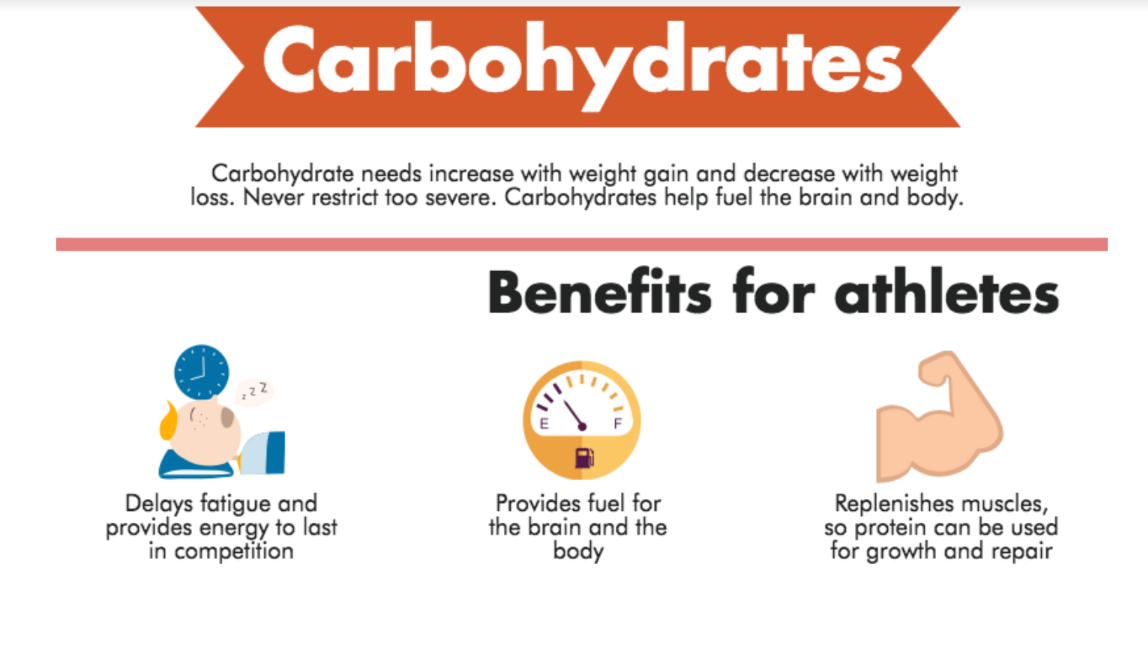

References
- Lee-Kwan SH, Moore LV, Blanck HM, Harris DM, Galuska D. Disparities in state-specific adult fruit and vegetable consumption — United States, 2015. MMWR Morb Mortal Wkly Rep. 2017;66:1241–1247.
- Burkhart SJ, Pelly FE. Dietary intake of athletes seeking nutrition advice at a major international competition. Nutrients. 2016;8(10):638.
- Salvador AF, et al. Potato ingestion is as effective as carbohydrate gels to support prolonged cycling performance [published online ahead of print October 17, 2019]. Journal of Applied Physiology. doi.org/10.1152/japplphysiol.00567.2019.
- Barnard ND, et al. Plant based diets for cardiovascular safety and performance in endurance sports. Nutrients. 2019;11(1):130.
- Thomas DT, Erdman KA, Burke LM. Position of the Academy of Nutrition and Dietetics, Dietitians of Canada, and the American College of Sports Medicine: Nutrition and athletic performance. Journal of the Academy of Nutrition and Dietetics. 2016;116(3):501-528.
- Burke LM, Hawley JA, Wong SH, Jeukendrup AE. Carbohydrates for training and competition. J Sports Sci. 2011;29(XSuppl 1):517-27.
- Reynolds A, et al. Carbohydrate quality and human health: A series of systematic reviews and meta-analyses. Lancet. 2019;393(10170):434-445.
- Donaldson CM, Perry TL, Rose MC. Glycemic index and endurance performance. Int J Sport Nutr Exerc Metab. 2010;20(2):154-65.
- Rogerson D. Vegan diets: practical advice for athletes and exercisers. JISSN. 2017;14:36.
- Venderley AM, Campbell WW. Vegetarian diets: Nutritional considerations for athletes. Sports Med. 2006;36(4):293-305.
- Fuhrman J, Ferreri DM. Fueling the vegetarian (vegan) athlete. Curr Sport Med Rep. 2010;9(4):233-241.
- Heller S. Micronutrient needs of athletes eating plant-based diets. Nutrition Today. 2019;54(1):23-30.
- McGill CR, Kurilich AC, Davignon J. The role of potatoes and potato components in cardiometabolic health: A review. Ann Med. 2013;45(7):467-73.

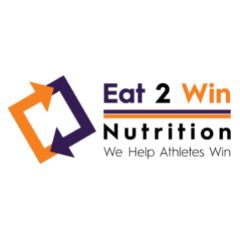
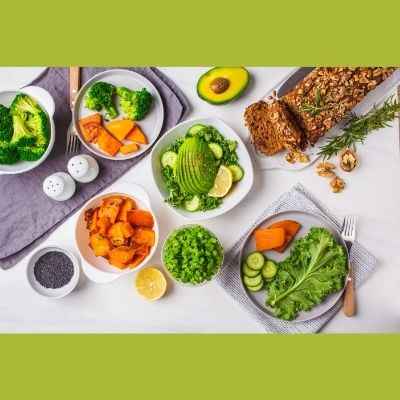

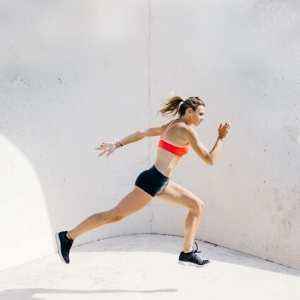


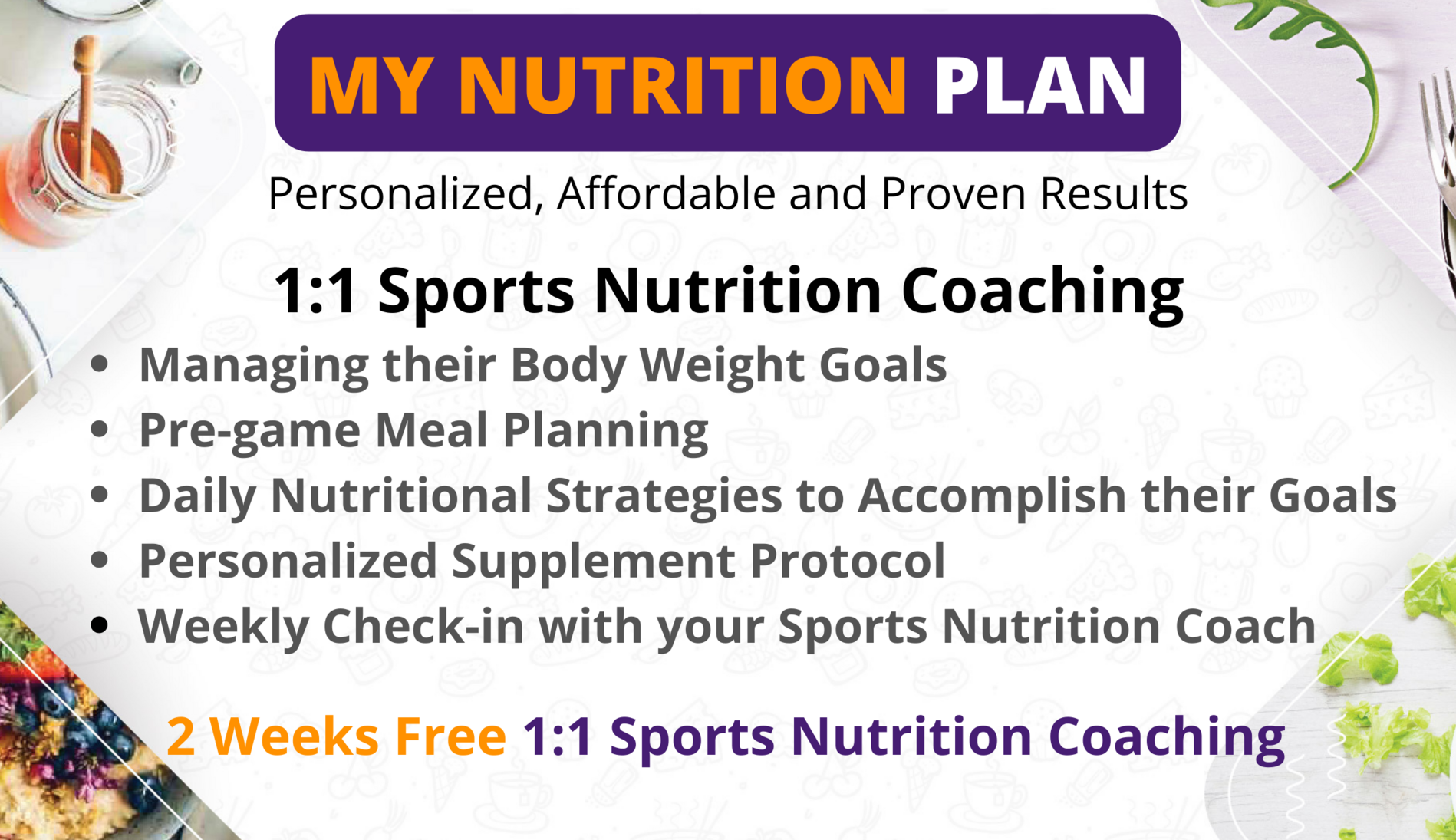


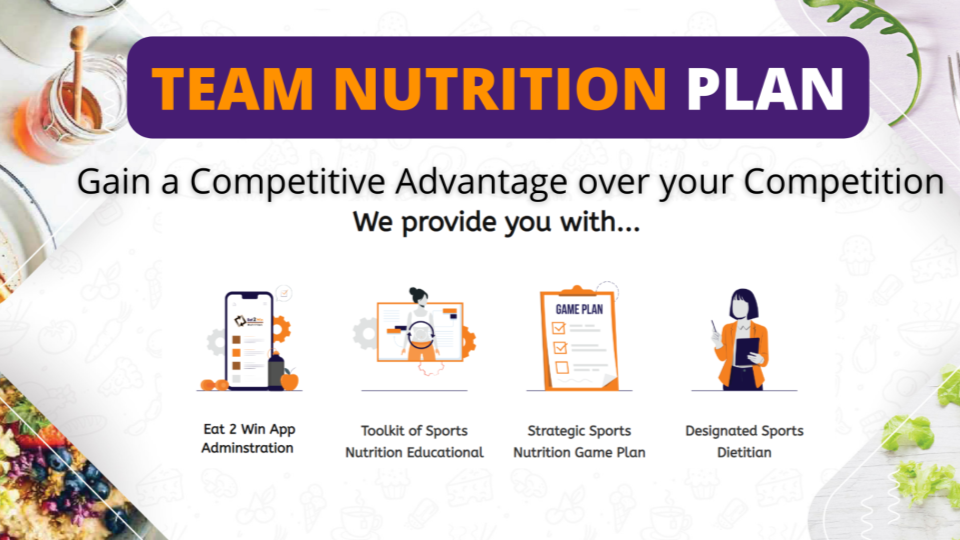
Facebook comments